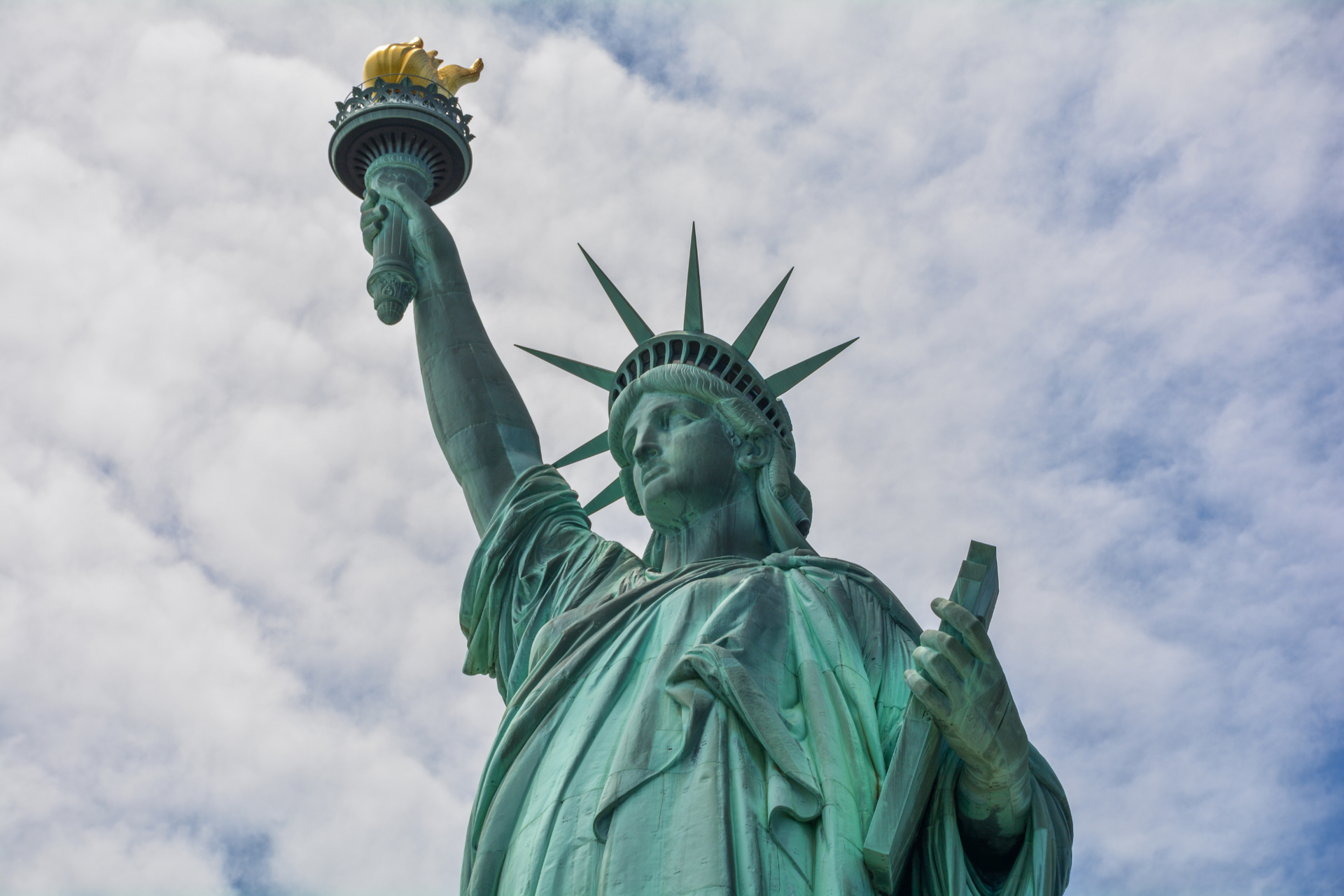The Congressional Research Service has issued a collection of Frequently Asked Questions about health care finance in Puerto Rico. The report begins with a recap of Puerto Rico’s current situation: a shrinking economy and a population which has not only been growing smaller but also older as more young people leave the Island for the States.
Puerto Rico’s median household income of $18,928 (as of 2014) is far lower than that of any of the States, including Mississippi, which has a median income of $39,680 — more than twice that of Puerto Rico. More than 83% of households earn $50,000 per year or less.46.2% of Puerto Ricans live in poverty according to government definitions. This rate is more than twice as high as that of the poorest State, Mississippi, and more than four times as high as that of New Hampshire, which enjoys the nation’s lowest poverty rate, 9.2%.
While the report surmised that there may be a larger informal economy in Puerto Rico than in the States, the degree of difference in income is so great that it is reasonable to suppose that Puerto Rico’s residents do have lower incomes than people living on the U.S. mainland.
Medicare is a federally-funded program designed to provide medical care for people age 65 and above, as well as some younger people with disabilities. It includes four parts:
- Part A: Hospital Insurance
- Part B: Supplementary Medical Insurance
- Part C: Medicare Advantage
- Part D: outpatient prescription drug coverage
While there are some differences between Puerto Rico and the States in each of these parts, one of the biggest differences lies in the compensation of doctors. This compensation is based on a fee schedule which “assigns relative value units to each of the approximately 7,500 service codes that reflect physician work (i.e., the time, skill, and intensity it takes to provide the service), practice expenses, and malpractice costs.” These factors are then adjusted with geographic codes which result in physician payments which are lower in Puerto Rico.
This has been a factor in the number of doctors leaving Puerto Rico, which has been estimated at one physician per day.
Part D is also different in Puerto Rico, in that residents of Puerto Rico are not eligible for low-income subsidies that help poor residents in the States. “CRS reviewed hearing transcripts, committee reports, proposed and final regulations, and other administrative documents to ascertain the reason for excluding the residents of the territories from eligibility for LIS,” the report syas, “but was unable to find any explanation.”
It is legal for the federal government to treat territories differently from States.
Puerto Rico did not choose to establish a health insurance exchange under the Affordable Care Act, and therefore does not receive any benefits of ACA.
While there are many more differences between the States and Puerto Rico, this sampling shows some of the challenges the health care system in Puerto Rico faces.



Puerto Rico doesn’t have ACA/Obamacare because Gov Padilla deliberately had PR exempted.
All part of the “Puerto Rico is a separate “Free Associated State” farce squashed last June by recent SCOTUS decisions.